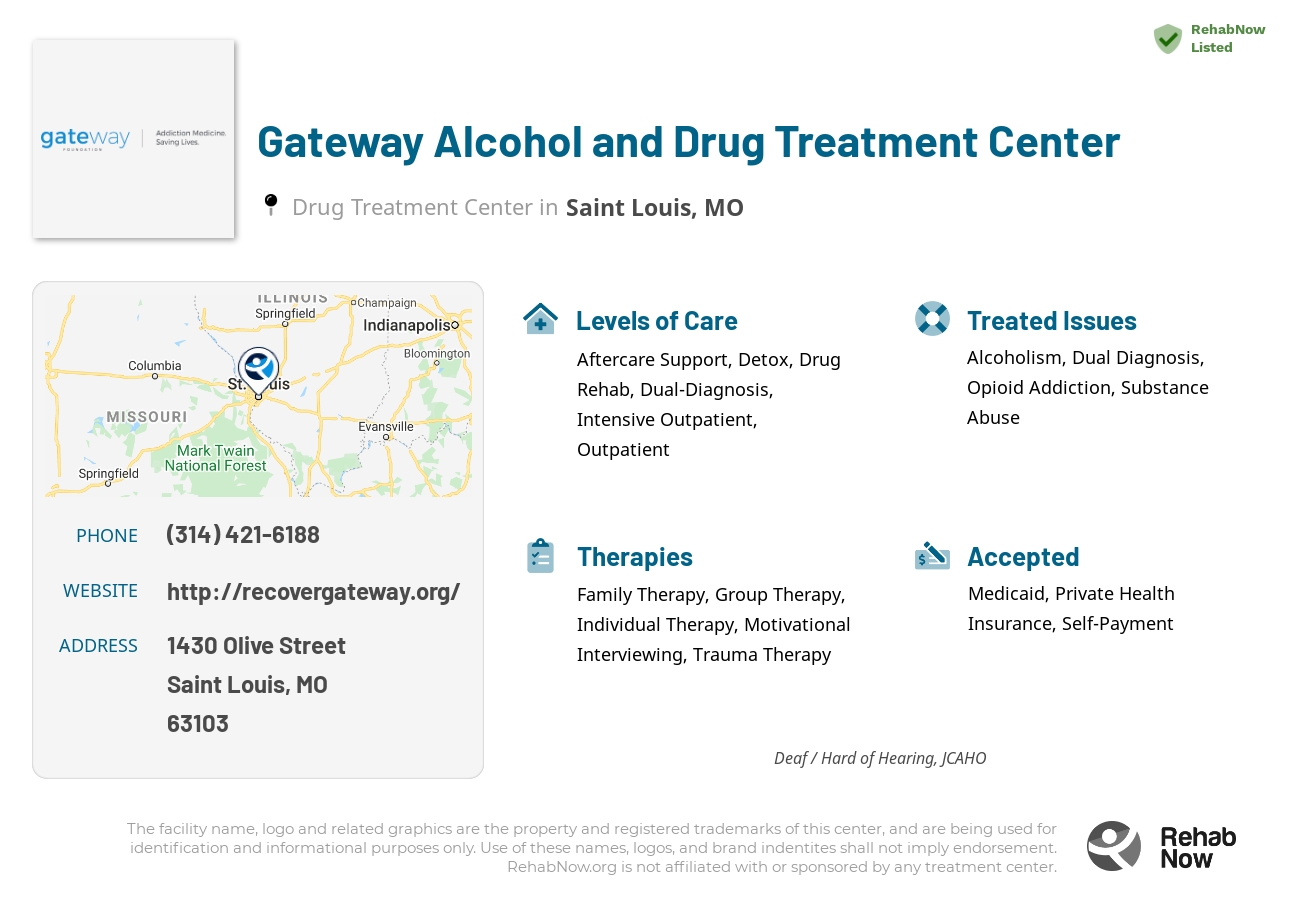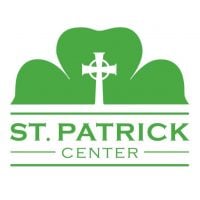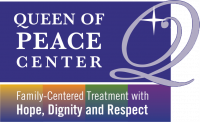Gateway Alcohol and Drug Treatment Center
Drug Rehab Center in Saint Louis, Missouri
Gateway Alcohol and Drug Treatment Center is an accredited addiction treatment facility in Saint Louis, MO that provides specialized care for those suffering from alcohol and drug dependency, as well as co-occurring mental health disorders like eating disorders and dual diagnosis through evidence-based therapies.
About This Missouri Facility
Gateway Alcohol and Drug Treatment Center, situated in Saint Louis, Missouri, specializes in a 12-step focused outpatient rehab for adults grappling with drug and alcohol addiction. Distinguished by its comprehensive approach, it caters to a broad spectrum of needs, offering medication-assisted treatment (MAT), intensive outpatient (IOP), basic outpatient services, and robust aftercare. Its customized programs, including those for young adults, justice-involved individuals, and those with hearing impairments or co-occurring disorders, set it apart.
- Comprehensive Care: With programs ranging from MAT and IOP to aftercare, Gateway offers a continuum of support tailored to individual recovery journeys.
- Specialized Support: Dedicated services for young adults, parolees, and those with hearing impairment or co-occurring disorders highlight Gateway's commitment to inclusivity.
- Recovery and Reintegration: Emphasis on life skills, community, and family reintegration, alongside vocational training and legal aid, supports long-term sobriety.
Accredited by the Joint Commission and recognized by several leading healthcare organizations, Gateway Alcohol and Drug Treatment Center is committed to the highest standards of care. Accepting various payment options, including private insurance, Medicaid, self-pay, and financing, Gateway makes quality treatment accessible to those in need.
Tackling a range of addictions — from alcoholism and opioid dependency to substance misuse — the center employs evidence-based therapies, including motivational interviewing and trauma therapy. Whether through its intensive outpatient or more flexible outpatient programs, it ensures every participant receives the appropriate level of care for their recovery stage.
Genders
Ages
Modality
Additional
Accreditations
State License
SAMHSA
NAATP

LegitScript

JCAHO
Conditions and Issues Treated
Substance Abuse Treatment is important when getting sober, as it helps addicts learn the skills they need to live a clean life. There are many different kinds of recovery treatment, including medication-assisted therapy, behavioral therapeutic approaches and self-help groups, as well as counseling.
Opioid abuse has become a national epidemic in the last decade. The US has one of the world’s highest rates of opioid use and abuse, as well as opioid-related deaths. Opioids are classified as Schedule II-IV controlled substances in the US due to their high potential for abuse.
Oxycodone, hydrocodone, methadone, and fentanyl are the most common Opioids and are commonly prescribed to treat pain. Tolerance to opioids develops over time, making life difficult, if not impossible, without them. Opioid users often obtain the drugs illegally. They can be drug dealers, friends, or family members who do not have valid prescriptions.
The desire for a more intense high than prescription opioids can quickly lead to heroin use. Heroin users are more prone to illness and death due to the high risk of overdose.
Many opioid addicts who seek treatment believe that the only way to overcome their addiction is through medical detox and long-term drug addiction rehab. To help patients wean off their addiction and reduce the risk of overdose, medication-assisted therapy (MAT) involves prescribing a replacement opioid. Doctors use MAT in conjunction with other anti-craving medications to help patients maintain recovery. Due to the high risk of relapse, MAT is often combined with individual and group counseling and social support programs.
When addiction and psychiatric issues co-occur, the addict’s recovery is more successful when both conditions are treated. A dual diagnosis refers to a condition in which the patient is diagnosed with two health issues: addiction and bipolar disorder. The most common therapies are psychotherapy, behavioral therapy, spiritual counseling, 12-step programs, and medication management.
Levels of Care Offered at Gateway Alcohol and Drug Treatment Center
This center offers a variety of custom treatment tailored to individual recovery. Currently available are Aftercare Support, Detox, Drug Rehab, Dual-Diagnosis, Inpatient, Intensive Outpatient, Outpatient, Partial-Hospitalization, Residential, with additional therapies available as listed below.
The detoxification process typically includes some combination of the following: medical supervision, medication to help alleviate withdrawal symptoms, drug testing to monitor progress, and counseling.
Tackling the physical symptoms of withdrawal is essential to ensure that an individual can focus on the psychological aspects of the addiction without focusing on the physical pain that comes with withdrawal.
Withdrawal symptoms can be uncomfortable, even life-threatening, so carefully managing the detox process is extremely important. In many cases, more advanced pharmaceutical interventions are used to treat more severe withdrawal symptoms. Medication might help alleviate discomfort associated with detox, including nausea and headaches.
Inpatient treatment centers offer a safe, secure, and often medically supervised environment for drug or alcohol-addicted individuals. Many of these facilities are equipped to provide detoxification, treatment for co-occurring mental health disorders, and aftercare programs. The patient typically spends 28 to 30 days at the facility and will receive extensive drug counseling.
Intensive outpatient treatment is a form of addiction care that allows patients to continue living at home while undergoing treatment. This type of care is appropriate for patients who have been treated in residential treatment programs. Intensive outpatient programs include regular visits to the facility providing therapy, and patients gradually return to their routine life. IOP benefits most when patients have a supportive family member or friend to help them recover.
The first step to getting into an intensive outpatient program is to attend a detoxification facility. Detoxification facilities are designed to remove substances from the body safely. The patient will attend sessions designed to help them understand their addiction and its impact on their lives. While in an intensive outpatient program, therapy sessions are scheduled three to five times per week, with the patient attending no more than two sessions in one day.
An outpatient treatment program is set up to help with alcohol or drug addiction or a co-occurring disorder. The patient must attend the facility for their therapy and other programs but can return home each night.
The frequency of mandatory attendance decreases after much of Gateway Alcohol and Drug Treatment Center‘s program is complete.
Outpatient treatment is a recovery approach that allows recovering addicts to live at home while getting rehab for addiction
An outpatient can include day treatments which include attending group sessions one hour per week. A person living in an outpatient environment may be allowed the opportunity to work full time if they choose to and continue studies without interruption from drugs/alcohol.
Outpatient treatment is an option for people who want to maintain their careers and families. Outpatients live at home but attend treatment such as individual counseling, group counseling, or twelve-step meetings during the day.
PHP is another way to receive a significant amount of treatment while decreasing the time commitment and cost. It involves counseling, group meetings, peer interaction, and many of the same benefits of inpatient treatment. This can be a good option for stepping down from inpatient treatment in anticipation of a fully independent life.
Residential treatment programs are those that offer housing and meals in addition to substance abuse treatment. Rehab facilities that offer residential treatment allow patients to focus solely on recovery, in an environment totally separate from their lives. Some rehab centers specialize in short-term residential treatment (a few days to a week or two), while others solely provide treatment on a long-term basis (several weeks to months). Some offer both, and tailor treatment to the patient’s individual requirements.
Aftercare support is vital to the success of someone in drug or alcohol treatment. It involves assisting with entering a sober living home, getting career counseling or educational assistance and even getting the individual lined up with programs like AA and NA. This support helps recovering addicts readjust to normal day-to-day activities and maintain sobriety.
When a person is in drug or alcohol treatment, they have to increase their focus on themselves. They need to learn how to recognize the triggers that cause them to relapse and learn the habits that would benefit them if they were to be sober. This is all part of the growth in recovery, and aftercare is essential to that process.
Therapies & Programs
At Gateway Alcohol and Drug Treatment Center , to learn from past mistakes and improve one’s situation, the recovering person meets individually with a therapist. The counselor or therapist will address addiction causes, triggers, mental issues, dual diagnosis, and aftercare plans during this time. This is a very intense and challenging process. Some clients find it easier to open up to someone other than family or friends who understand their struggles with addiction.
Family therapy is a crucial part of drug treatment and getting sober. It is one of the most effective ways to help addicts stay on the path to long-term sobriety. An addict’s family can play a vital part in helping them to avoid relapse. They can spot the warning signs and help them get back on track.
In group therapy, recovering addicts meet with a therapist and other people in recovery. Some groups are closed, meaning only people who share the same addiction or problem can attend. Others are open to anyone who wants to stop using drugs or drinking alcohol. Group therapy sessions typically focus on one topic each week or month so that recovering addicts can discuss issues they face daily.
Trauma therapy allows people to face and learn from past traumas.
Many people suffer childhood traumas that lead to adult addiction. During treatment at Gateway Alcohol and Drug Treatment Center [/type], you can move forward in your recovery and reclaim your sober future! Trauma is a common cause of psychological disorders like Addiction Disorder. It’s common in Addictive Disorders patients because traumatized people have strong emotions or thoughts that lead to addictive behaviors.
Dialectical Behavior Therapy (DBT) is a type of therapy created in the late 1980s and early 1990s. It was designed to help people with high rates of suicidal behavior.
The goal of DBT is to teach mindfulness, distress tolerance, emotion regulation, and interpersonal effectiveness to help people learn how to live a life that is no longer controlled by overwhelming emotions and urges.
DBT is beneficial in treating drug addiction because it helps patients understand and cope with their cravings for drugs or alcohol rather than turning to those substances as a way of coping.
Cognitive Behavioral Therapy (CBT) is based on the idea that how we feel, think and act all interact together. It helps people explore their thoughts for problems (or false beliefs) that influence their mood and actions. CBT is very goal-oriented, which means that the therapist and patient work together on a specific problem. In addition to helping a client focus on thoughts that can be changed, CBT also allows them to take an active role in their treatment. Our thoughts determine our feelings and behaviors; our feelings affect our thoughts, and our behaviors change our thoughts and feelings.
Eye Movement Desensitization and Reprocessing (EMDR) helps people get sober by changing how they experience emotions. During the treatment, the patient is asked to recall specific memories that relate to their addictions; they do this while following a moving object with their eyes or tapping their hands or feet. This process helps the patient work through their emotions by separating the memory from the distress they feel about it.
The 12-step program is designed for people who suffer from addiction. It helps addicts to recover and live a normal life. This program is used in almost all substance abuse treatments. The 12 steps include:
- Admitting the problem.
- Focusing on the recovery process.
- Making amends with others.
- Believing in a higher power.
In this program, peers help each other to achieve the goal of abstinence. The founders of Alcoholics anonymous initially developed the 12-step program. According to its successful results, it is used as a part of other substance abuse treatments. The program provides cognitive restructuring to an individual to change negative thoughts, which leads to long-term benefits.
Payment Options Accepted
For specific insurance or payment methods please contact us.
Is your insurance accepted?
Ask an expert, call (888) 674-0062
Additional Details
Specifics, location, and helpful extra information.
Saint Louis, Missouri 63103 Phone Number(314) 421-6188 Meta DetailsUpdated April 15, 2024
Staff Verified
Is Gateway Alcohol and Drug Treatment Center a LegitScript Verified Treatment Facility?
According to our most recent records, we have found this center to be LegitScript verified.
Patient Reviews
There are no reviews yet. Be the first one to write one.
Saint Louis, Missouri Addiction Information
Opioid-related overdoses in Missouri have been increasing steadily for the past three decades. In 2018, more than 1,130 people in Missouri died from opioid abuse. Methamphetamines and marijuana abuse have surpassed opioid abuse in Missouri. Missouri is the number 1 methamphetamine manufacturer in the country with more than 27 meth labs per 100,000 people.
Saint Louis, Missouri, has a severe drug addiction and abuse problem. In fact, according to recent statistics, Saint Louis ranks in the top 10% of cities in the United States with the highest rates of drug abuse. Some of the most commonly abused drugs in Saint Louis include cocaine, methamphetamine, and heroin. Some types of treatment available in Saint Louis, MO, include detox, inpatient treatment, outpatient treatment, and 12-step programs.
Treatment in Nearby Cities
- Fulton, MO (95.4 mi.)
- Windsor, MO (179.7 mi.)
- Warrenton, MO (52.3 mi.)
- Saint Peters, MO (25.6 mi.)
- Hazelwood, MO (13.4 mi.)
Centers near Gateway Alcohol and Drug Treatment Center
The facility name, logo and brand are the property and registered trademarks of Gateway Alcohol and Drug Treatment Center, and are being used for identification and informational purposes only. Use of these names, logos and brands shall not imply endorsement. RehabNow.org is not affiliated with or sponsored by Gateway Alcohol and Drug Treatment Center.














